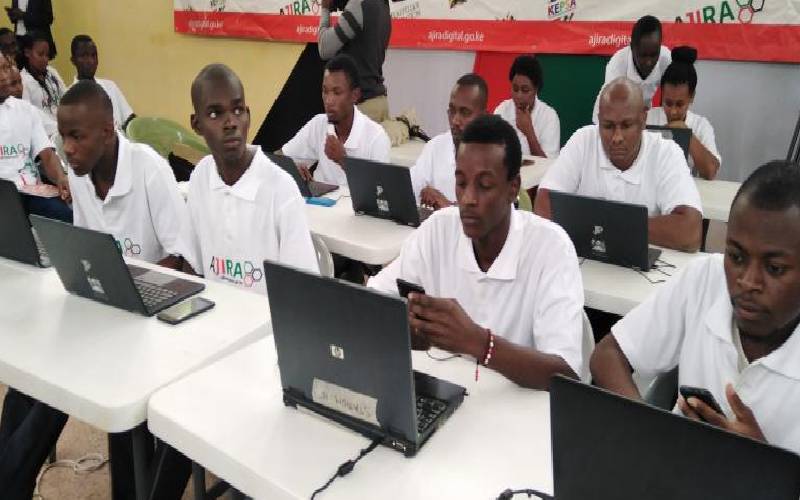×
The Standard e-Paper
Join Thousands Daily

Last year made two things crystal clear for governments, corporates and individuals. First, it painted a clear picture that innovation is key for not only battling adversities but also sustaining economies. Second, it underscored the need for all countries to have an elaborate technological infrastructure to support innovation efforts.